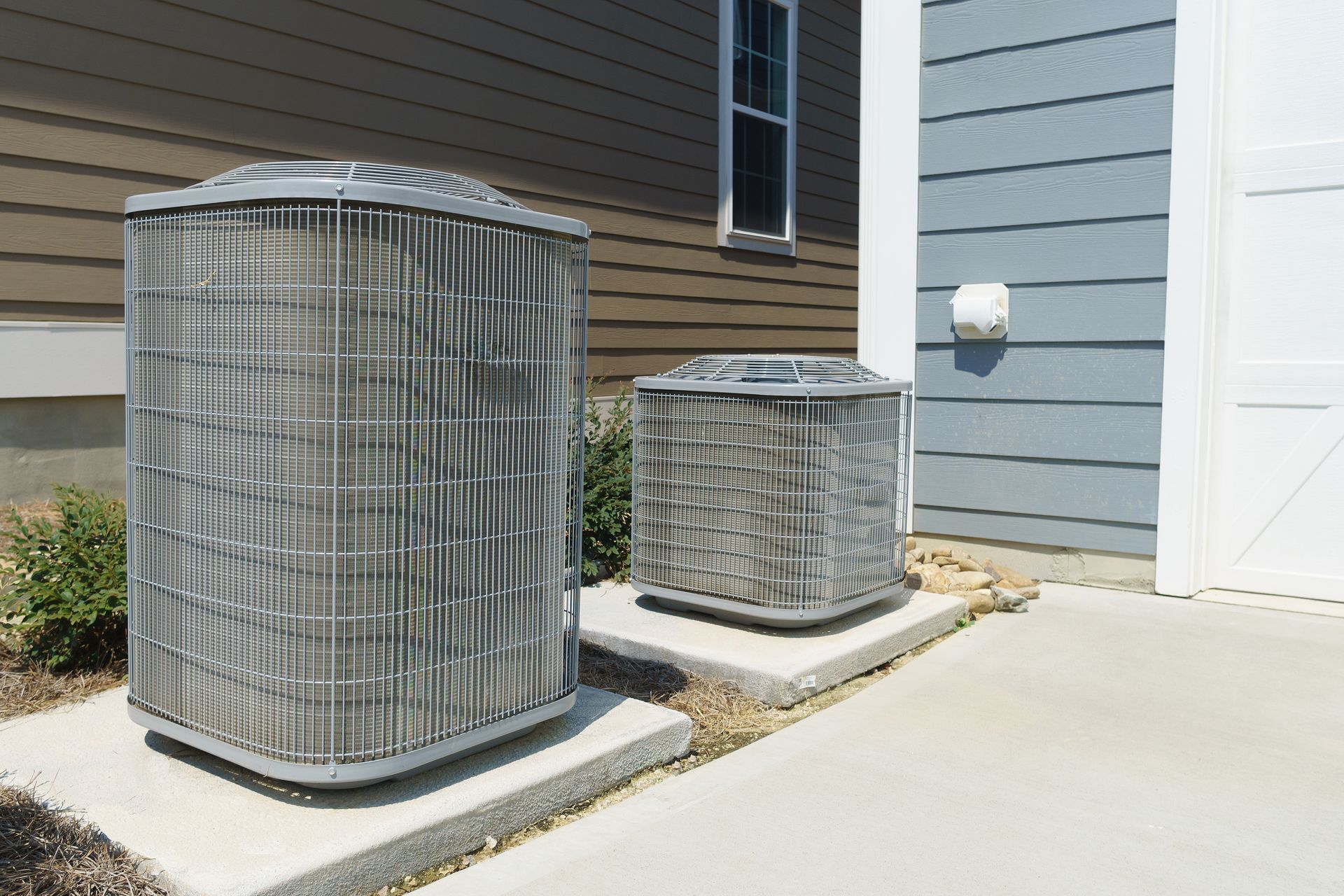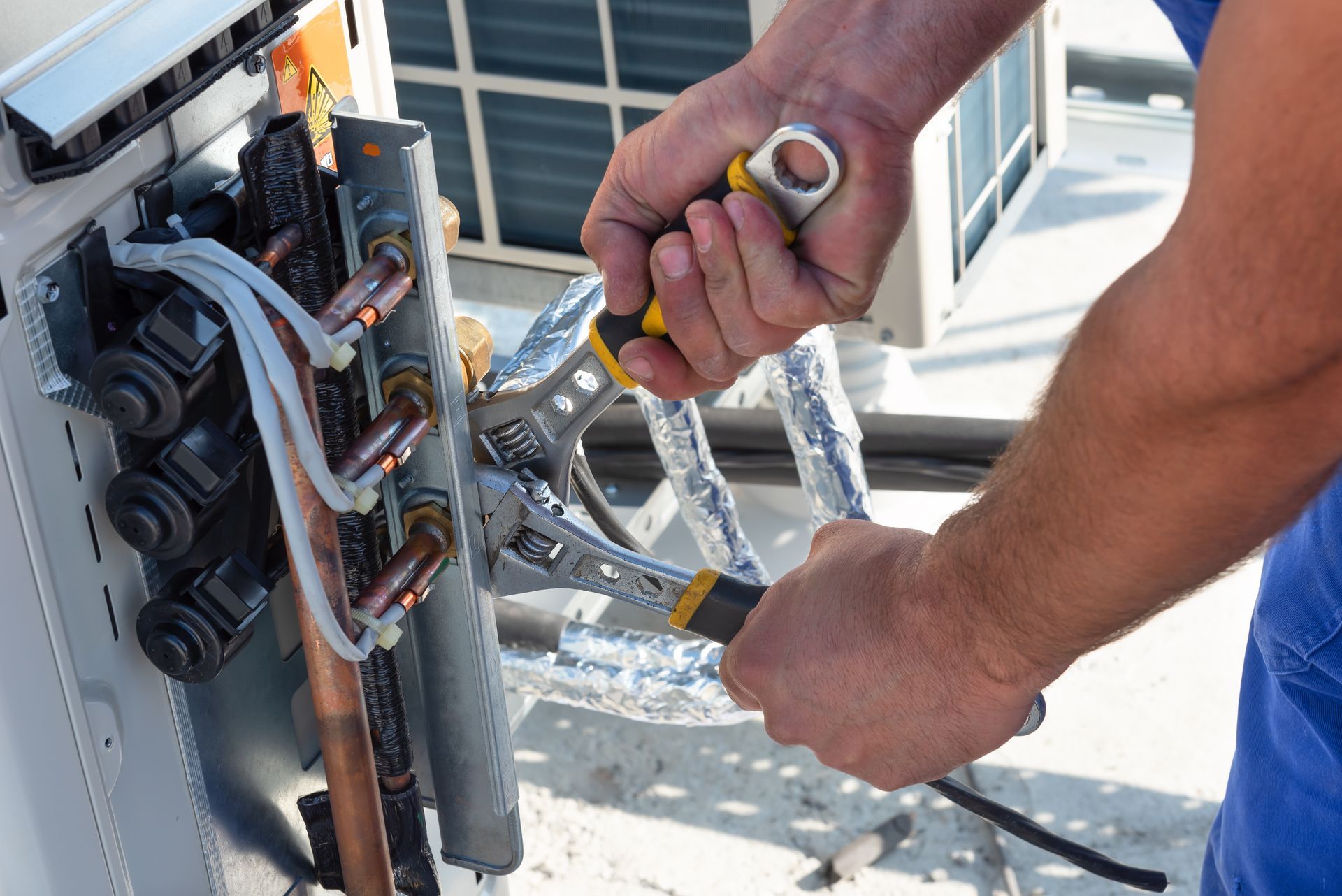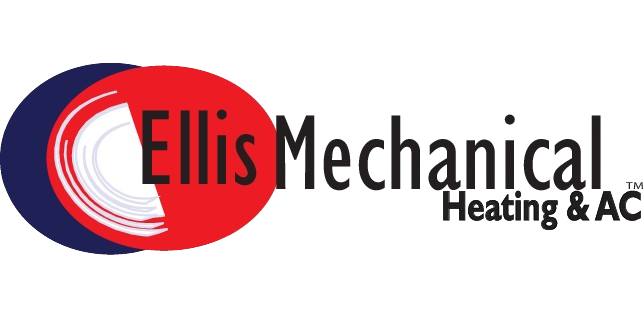Blog

As the winter months settle in Charlotte, NC, homeowners often focus on keeping their heating systems in top shape. However, many overlook the importance of regular maintenance for their AC units during the colder season. While your air conditioner may not be in use as often, neglecting it in winter can lead to costly repairs and reduced efficiency when you need it most in the summer. In this guide, we'll explore the importance of heating repair, proper maintenance for your HVAC system, and key steps to ensure your AC unit remains in excellent condition during winter. The Importance of Heating Repair During Winter A well-functioning heating system is crucial during the colder months in Charlotte. Winter temperatures can drop significantly, and a faulty furnace or heat pump can lead to uncomfortable and potentially hazardous conditions in your home. Here are some common heating issues that residents might face: 1. Uneven Heating If certain rooms in your home feel colder than others, it could indicate problems with your ductwork, thermostat, or heating system efficiency. Professional heating repair services can diagnose the issue and restore comfort to your home. 2. Strange Noises from Your Furnace Rattling, banging, or whistling noises from your heating unit could be signs of loose components, a failing blower motor, or clogged burners. Ignoring these sounds can lead to more extensive damage over time. 3. Higher Energy Bills An unexpected spike in your energy bills during winter could signal that your heating system is working harder than necessary due to a clogged filter, a malfunctioning thermostat, or other efficiency issues. 4. Short Cycling If your heating system frequently turns on and off, it may indicate overheating, a faulty thermostat, or airflow restrictions. This can put unnecessary strain on your unit and lead to premature breakdowns. Regular heating repairs and tune-ups can prevent these issues, ensuring your home remains warm and energy-efficient throughout the winter. Why AC Maintenance Matters in Winter Even though you may not be using your AC unit in the winter, that doesn’t mean it should be ignored. Proper maintenance during the colder months helps extend the lifespan of your system and ensures optimal performance when summer rolls around. Here’s why winter AC maintenance is essential: 1. Prevents Freezing and Weather Damage Although Charlotte winters are relatively mild, there can still be occasional freezing temperatures. Any moisture left inside your AC unit can freeze, causing damage to internal components. Covering the unit or scheduling a professional winter check-up can prevent these issues. 2. Avoids Rust and Corrosion Leaving dirt, debris, and moisture inside your AC unit during the winter months can lead to rust and corrosion. Cleaning and covering the system properly can help maintain its integrity. 3. Extends the Lifespan of Your AC Unit Regular maintenance reduces wear and tear, keeping your AC running efficiently for years to come. A well-maintained unit is less likely to break down unexpectedly, saving you money on repairs and replacements. 4. Ensures Efficiency for Warmer Months Taking care of your AC unit in the winter ensures it's ready to perform efficiently when temperatures rise in the spring and summer. A neglected system may take longer to cool your home and work harder than necessary, leading to higher energy bills. Essential Winter HVAC Maintenance Tips Whether you’re maintaining your heating system or AC unit, following these key maintenance steps can help keep your HVAC system in peak condition: 1. Change or Clean Air Filters Regularly Clogged air filters reduce airflow and strain your heating and cooling system. Check filters monthly and replace them as needed to maintain efficiency and indoor air quality. 2. Inspect and Clean Your Outdoor AC Unit Leaves, dirt, and debris can accumulate in your outdoor AC unit, leading to potential damage. Gently clean the area around it and consider using a protective cover designed for AC units. 3. Schedule a Professional HVAC Inspection An annual HVAC check-up by a qualified technician ensures your heating system is functioning properly and that your AC unit is prepared for winter storage. A professional can spot issues before they become major problems. 4. Test Your Thermostat A malfunctioning thermostat can cause heating inefficiencies. Test your thermostat to ensure it's properly regulating your home's temperature. If you notice inconsistencies, consider upgrading to a programmable or smart thermostat for better energy management. 5. Seal Air Leaks and Insulate Your Home Proper insulation and sealing gaps around windows and doors help retain heat and reduce the workload on your heating system. This also prevents unnecessary energy loss, keeping your utility bills manageable. When to Call a Professional for Heating and AC Maintenance While DIY maintenance can go a long way, some tasks require the expertise of an HVAC professional. If you notice any of the following, it’s time to schedule a professional service: Persistent heating issues such as uneven temperatures or a system that won’t turn on. Unusual odors or noises coming from your HVAC system. A sudden increase in your energy bills without a clear reason. Your AC unit has visible rust, ice buildup, or other signs of damage. Final Thoughts Taking care of both your heating system and AC unit in winter ensures your HVAC system remains efficient and reliable year-round. By addressing heating repairs promptly and performing regular maintenance on your air conditioner, you can avoid costly repairs and maintain a comfortable home environment in Charlotte, NC. If you're unsure about the condition of your HVAC system, scheduling a professional inspection is always a good idea. Regular maintenance not only extends the lifespan of your equipment but also keeps your energy bills low and your home cozy all winter long.

Maintenance contracts are an essential component of ensuring the longevity and optimal performance of various systems and equipment in your home or business. These contracts, often offered by professionals in specific industries, such as HVAC, plumbing, or electrical services, provide a range of benefits that go beyond simple repairs. In this blog, we will explore what maintenance contracts are, why they are important, and how to get the most out of them. What Are Maintenance Contracts? Maintenance contracts, also known as service agreements or service contracts, are formal agreements between a service provider and a customer. These contracts outline a set of services that the provider will perform at scheduled intervals to maintain, inspect, and repair equipment or systems. Common examples include HVAC maintenance contracts, plumbing service agreements, and elevator service contracts. Why Are Maintenance Contracts Important? Preventive Maintenance: Maintenance contracts focus on preventive measures to identify and address potential issues before they become major problems. This approach can extend the lifespan of your equipment and reduce the need for costly emergency repairs. Reduced Downtime: Regular maintenance ensures that your systems and equipment are running efficiently. This reduces the likelihood of unexpected breakdowns and downtime, which can be especially critical for businesses. Cost Savings: While maintenance contracts involve an upfront cost, they often lead to significant savings in the long run. Fewer breakdowns mean less money spent on emergency repairs and replacements. Safety: In some industries, such as elevators and electrical systems, safety is paramount. Maintenance contracts include safety checks and ensure compliance with industry regulations, reducing the risk of accidents or hazards. Priority Service: Many service providers offer priority service to contract holders. This means that if you do experience an issue, you'll receive faster response times and shorter wait periods for repairs. What Do Maintenance Contracts Typically Include? The specific services included in a maintenance contract can vary depending on the industry and the provider. However, some common elements often found in maintenance contracts are: Regular Inspections: Scheduled inspections of the equipment or systems to identify potential issues. Cleaning and Lubrication: Cleaning, lubricating, and adjusting components as needed to maintain optimal performance. Filter Replacement: Replacing filters or other consumable parts that can affect the performance of the equipment. Emergency Services: Some contracts include access to 24/7 emergency services in case of unexpected breakdowns. Discounts: Contract holders may receive discounts on additional services, repairs, or replacement parts. Documentation: Detailed records of inspections, maintenance, and repairs performed on your equipment. How to Get the Most Out of Your Maintenance Contract To maximize the benefits of your maintenance contract, consider these tips: Choose a Reputable Provider: Research and choose a service provider with a solid reputation for quality work and customer service. Read the Fine Print: Carefully review the contract terms, including what is covered, the frequency of service, and any associated costs. Schedule Regular Service: Stick to the recommended service schedule to ensure your equipment remains in top condition. Communicate Effectively: If you notice any changes in your equipment's performance or have concerns, communicate with your service provider promptly. Keep Records: Maintain your own records of the services performed, including dates, descriptions, and any recommendations from the service provider. Ask Questions: Don't hesitate to ask questions or seek clarification on any aspect of your maintenance contract. In conclusion, maintenance contracts are valuable agreements that offer peace of mind, cost savings, and improved safety. Whether you're a homeowner or a business owner, understanding the importance of these contracts and effectively managing them can contribute to the long-term health and efficiency of your equipment and systems.
